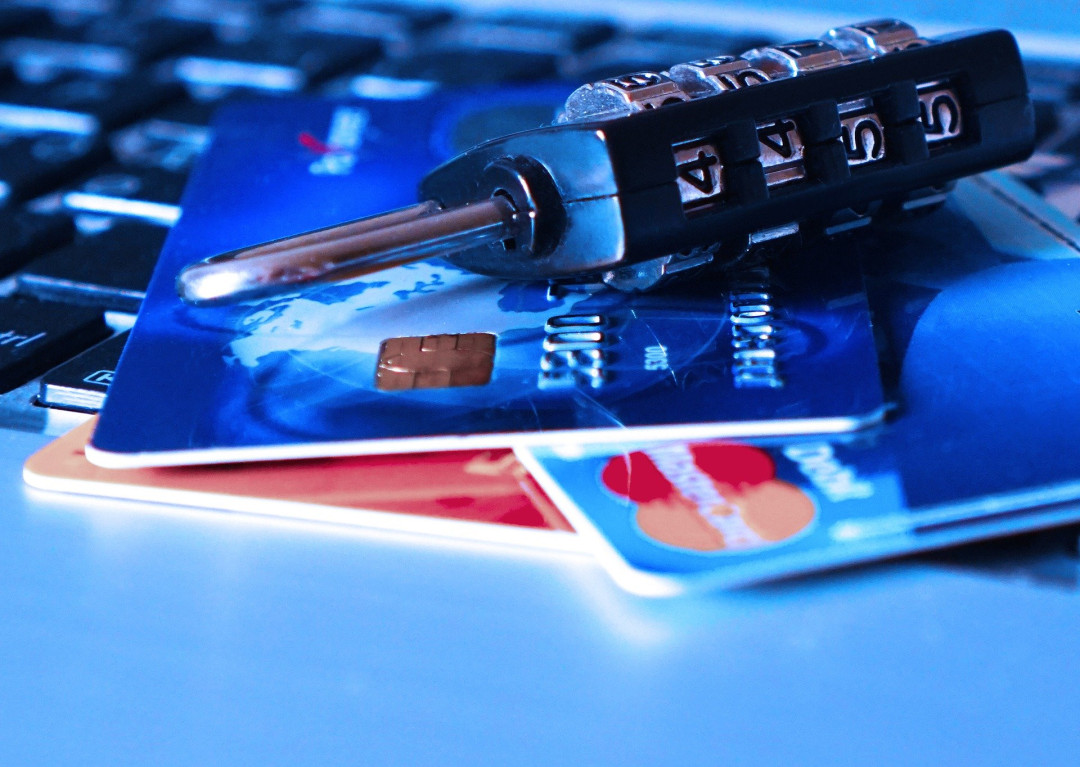With recent data breaches, ranging from large retailers like Target to giant consumer credit reporting agencies like Equifax, more Americans are looking for ways to protect their identities and prevent fraud. While no single action will protect you from all fraud, a credit freeze can prevent anyone from opening up a credit card or loan in your name. It is a rather extreme step and is most useful when you know your personal data has already been compromised. But it is also incredibly effective at preventing identity thieves from opening new accounts in your name.
What is a credit freeze?
When an identity thief has enough of your personal data, they can use that data to open up a credit card under your name. You wouldn’t know anything about it until you start receiving bills for the new credit card, expecting you to pay for their fraudulent purchases. But there is one way to prevent anyone from opening up a new credit card in your name, no matter how much they know about you.
A credit freeze prevents anyone from accessing your credit report. Since any loan or credit card application requires a hard credit check, when your credit report is locked, no one can open up a credit card or loan in your name. It also prevents anyone from checking your credit score, because your credit score is based on information from your credit report.
If you want to take out a loan or apply for credit for yourself, you need to remove the freeze, or “thaw” your credit.
How do you freeze your credit?
Three major credit bureaus provide credit information to lenders: Experian, Equifax, and TransUnion. Depending on the lender, they may check any one of those bureaus, or more than one. Since not every lender checks all three, to effectively freeze your credit, you will need to freeze it with each of the credit reporting bureaus.
Years ago, some credit bureaus charged to freeze and thaw your credit report. But thanks to a 2018 law, that is no longer the case. All credit bureaus offer unlimited freezing and thawing free of charge. It is also easier than ever to do it. You can request a credit freeze by mail, over the phone, or online.
When you request the freeze, you will be given a PIN. That PIN is the key to unlocking your credit report when you are ready to apply for credit. If you lose your PIN, you can still thaw your credit, but it can be a time-consuming process that requires a lot of identifying information. Even with your PIN, it can take up to an hour for a credit thaw to take effect, and you need to do it three times, once for each bureau. So if you plan to apply for a loan—such as financing for a large purchase like a car—you should thaw your credit in advance.
Here’s the contact information to freeze your credit with each of the three credit reporting bureaus:
- Experian: 1-888-EXPERIAN (1-888-397-3742) or visit Experian’s Freeze Center.
- Equifax: 1-800-349-9960 or online on Equifax’s website.
- TransUnion: 1-888-909-8872 or online on TransUnion’s website.
Limitations of a Credit Freeze
It is important to note that a credit freeze doesn’t lock your credit report in all cases. It prevents lenders from accessing your credit report, but other people still might be able to access it. For example, a landlord or an employer could access your credit report as part of a background screening. Collection agencies can also access your credit report. Of course, you can also see your own credit report.
Another important limitation of a credit freeze is that it only protects you from new accounts. If identity thieves have stolen information about current accounts, they can still make fraudulent charges on your account. A credit freeze does nothing to prevent misuse of your credit cards. For that, we recommend asking your credit card company about fraud alerts that will notify you of unusual activity on your account. Many credit card companies offer it for free, while some others charge a small fee.
Should you freeze your credit?
Whether to freeze your credit, like any financial decision, is a personal choice that also depends on your financial situation. If you know that your identifying information has already been stolen, a credit freeze is your best protection against a raft of new credit cards opening in your name. If someone has already opened up an account in your name, a credit freeze will prevent them from opening any others. However, if you plan on applying for loans, credit, or financing, and your identity is not compromised, a credit freeze may not be worth the trouble.
Ultimately, the choice of whether to freeze your credit is yours alone. We hope that this “Just So You Know” has given you the information you need to make an informed decision.

